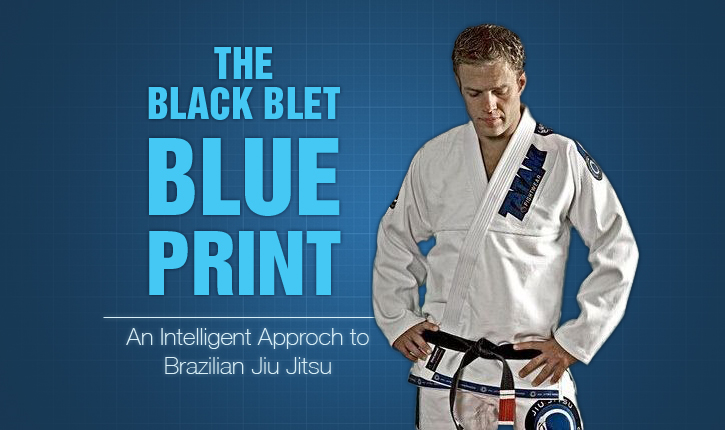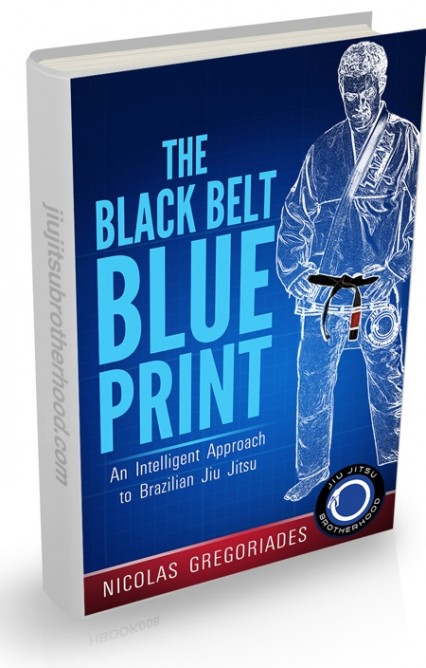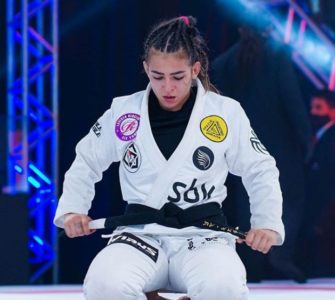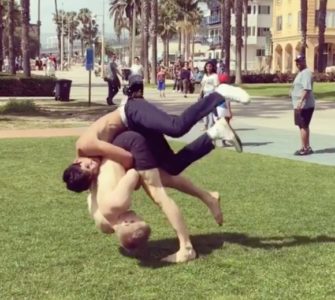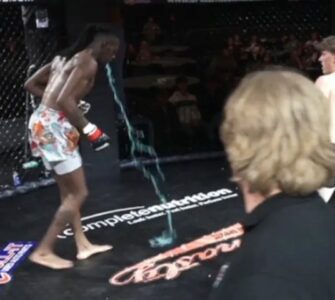Nicolas Gregoriades is Roger Gracie’s first black belt. He has recently released a book called ‘The Grappling Blueprint‘ ( you can check out our review here) which covers the system that he put in place when training, which allowed him to get his black belt from Roger Gracie in four years! In this interview with BJJ Eastern Europe, Nick also talks about the role of competition in a BJJ player’s career, his views on PEDs, his association ‘The Jiu-Jistu Brotherhood‘ and more.
1. Nick, what are you up to nowadays, what are your latest news?
At the moment I’m promoting my association by travelling the world, teaching jiu jitsu seminars and connecting with people. I’m also doing a lot of yoga and writing. My own bjj training was just starting to get to a good level when some guy with no self-control knee-barred me in London the other day, so now I’m waiting for that to recover before I start preparing properly for the Master’s at the end of the year.
2. Your book ‘The black belt blueprint‘ has been a smashing success. What were your reasons for writing this book?
I realised that I had put so much time and effort into my jiu jitsu career, and I wanted something that I could pass on to others and help them on their own journeys.
3. You have a decorated competitive career in BJJ. What is the place of competition in Jiu-Jitsu? (How important is it?) Can you progress in BJJ without having competed?
I think it’s a very important, but not vital aspect of the experience. It’s definitely not for everyone. But the rewards of self-knowledge and growth are very big. You can definitely progress if you haven’t competed, but maybe not as quickly.
4. Your master Roger Gracie is a 10x black belt world champion. What has he done differently than other champions?
I think with Roger it was like the ‘perfect storm’….a lot of different variables came together to create a special jiu jitsu fighter. These include: phenomenal physical attributes, a strong mind, starting at a young age, having excellent teachers, the pressure of his family name and others.
5. Please tell us about all of your bjj travels over the past few years.
I’m on a global tour at the moment – I’ve been travelling for about a year and I think I have another 18 months to go. I’ve been to Thailand, USA, South Africa, France, Ireland and I still have Japan, New Zealand, India, Mauritius, Canada and Mexico to go. I really love travelling because I feel that it’s good for the spirit – it helps me become better at my job by teaching me how to deal with different people and connect with them, which is one of the main roles of a jiu jitsu instructor.
6. Please tell us about your affiliation, the jiu-jitsu brotherhood and it’s growth. What do you do differently than other associations?
The Jiu Jitsu Brotherhood is growing quickly now. We just had the 11th academy sign up. My vision with the Jiu Jitsu Brotherhood was always more than just a ‘team’ or an ‘association’. It is there to foster a new breed of jiu jitsu guys who are focussed not just on techniques and competing, but on their overall development as human beings. We have an open policy within our movement. If our students want to also train at other academies, we encourage that, because we know that they will bring knowledge back with them.
7. You have recently received some criticism for your article on PED’s in Bjj, where you have said out loud what many people actually hide. What would you like to say to your critics?
It was initially difficult to hear, because the article was written from a place of honesty and with the intention of informing. But I soon realised that many people are not ready or willing to accept the truth. The thing that I found strange was that even though I thought the article made it clear that I do not recommend the use of PED’s, a lot of people immediately accused me of doing so. The issue of PED’s is far to complex to be labelled as ‘right’ or ‘wrong’ or ‘good’ or ‘bad’, and it takes a certain level of mental flexibility to be able to see that. As Oscar Wilde said, “The truth is rarely pure and never simple.”
8. Any closing words or sponsors to thank?
Thanks to everyone who has supported me on this journey, from the white belts to the grandmasters!
Click here to download ‘The Black Belt Blueprint’
Nick Gregoriades talks about his book:

